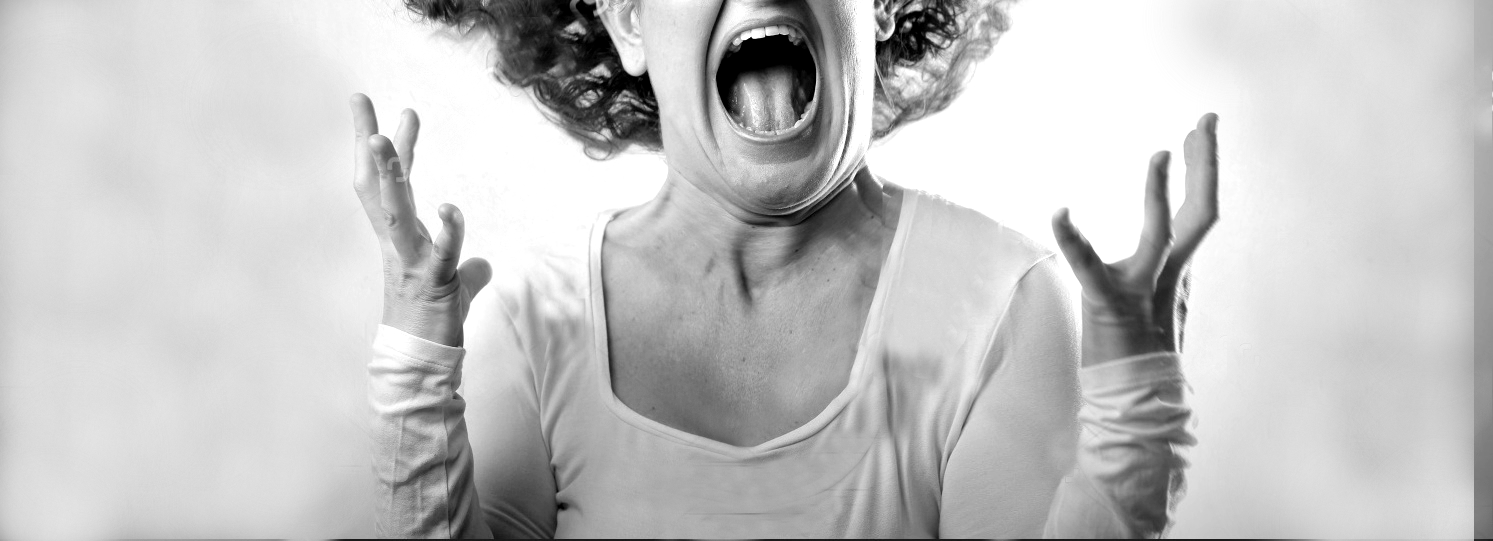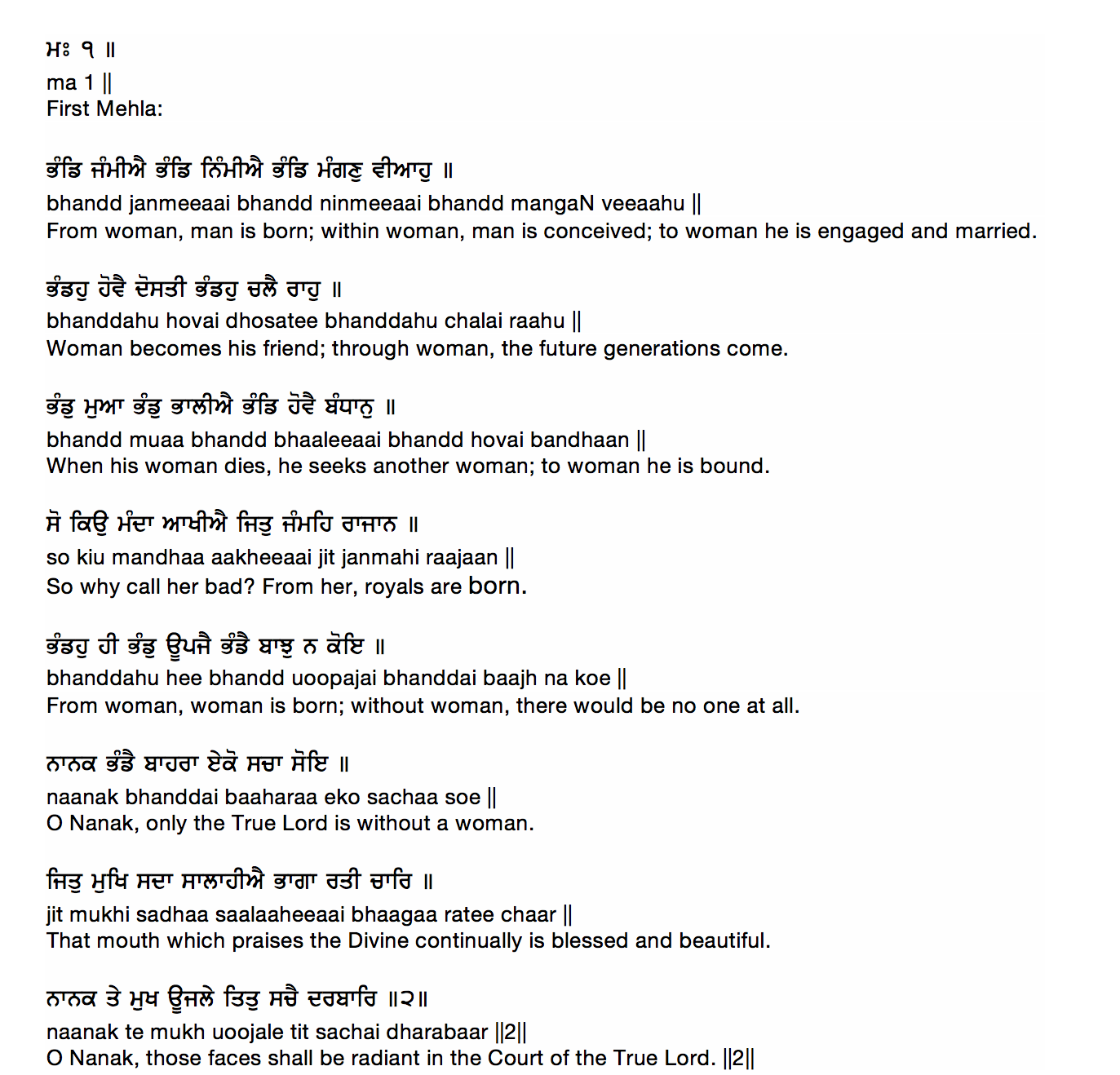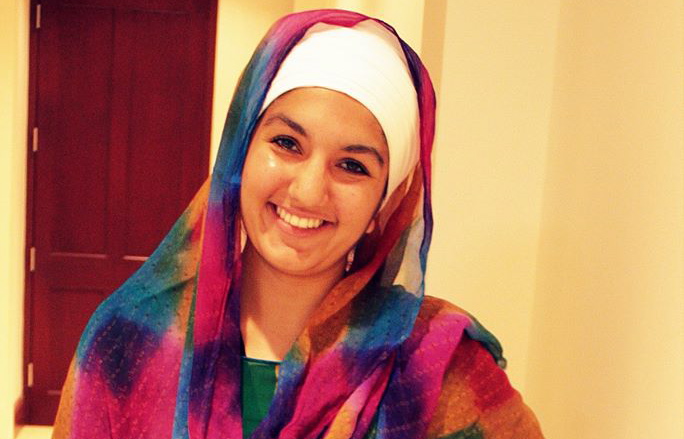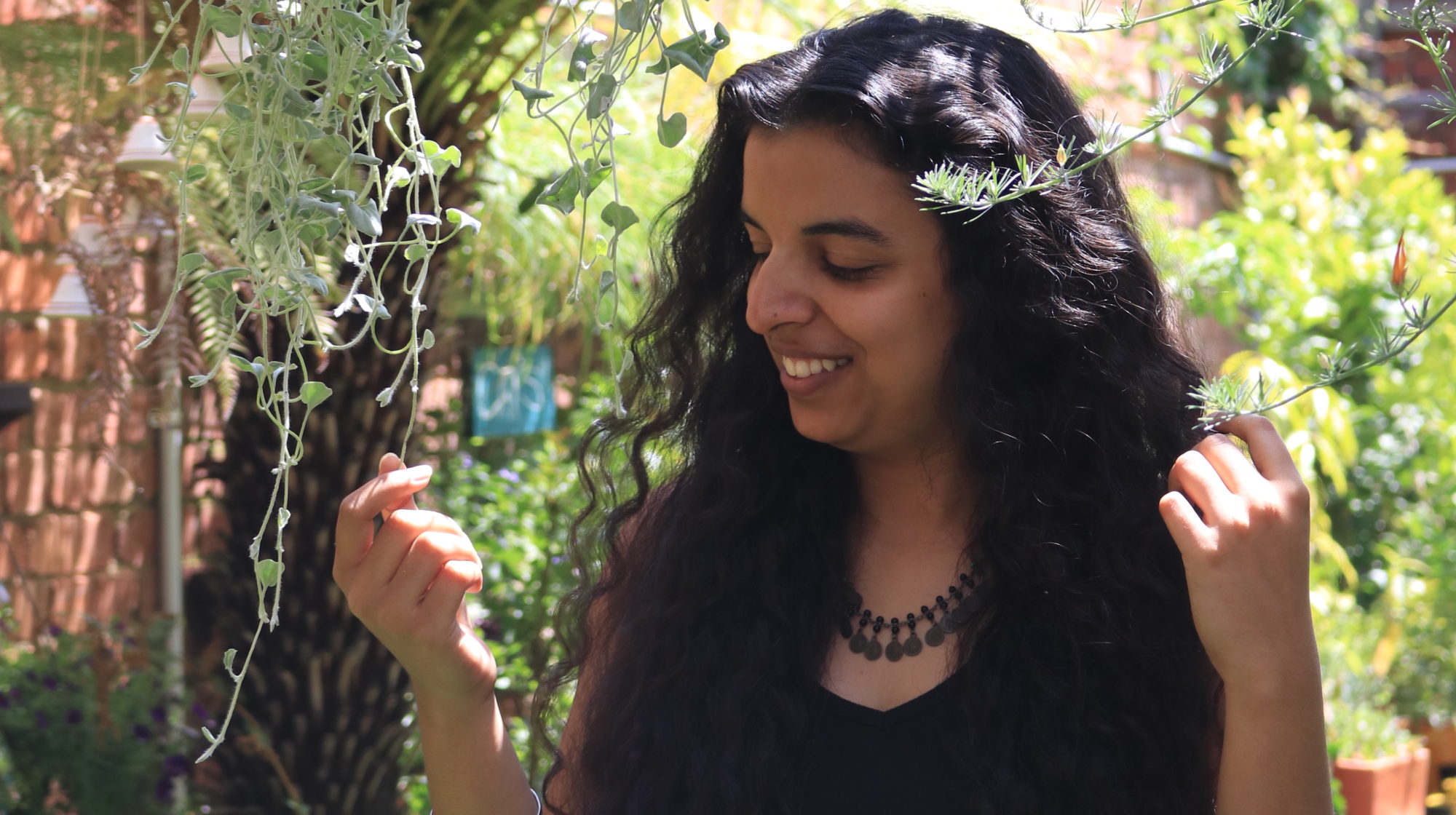A Kaur’s Rage: Today, I am enraged. I am enraged because I woke up in a great mood, until a friend texted me about a rude, short-sighted comment someone wrote on her Facebook profile picture. My friend is a Sikh woman, a sardarni – she doesn’t cut her hair, she doesn’t shave her legs, doesn’t do her eyebrows – but she loves her fashion! And why shouldn’t she?
But she has struggled with her identity as a Sikh woman – as most of us Kaurs have at some point in our lives. Why? One simple reason – lack of support, much like the plethora of other sardarnis struggling with the same issues. She struggled in finding that support from her brothers when she wanted to tie a dastaar, from society when she wanted to wear dresses without shaving her legs, and from herself when she found it nowhere else.
 Today, my friend finally found the courage to post a gorgeous picture of herself from her graduation day – wearing a bright yellow, summery dress. You can see the happiness in her laugh and the relief of having conquered her bachelor’s degree on her face. In her caption, you see the courage it took her to find the comfort in herself before she shared it with the world:
Today, my friend finally found the courage to post a gorgeous picture of herself from her graduation day – wearing a bright yellow, summery dress. You can see the happiness in her laugh and the relief of having conquered her bachelor’s degree on her face. In her caption, you see the courage it took her to find the comfort in herself before she shared it with the world:
“I actually love this picture of myself but was afraid to post it. Even though I am proud of who I am and have confidence, I always falter a little when it comes to body hair just because it is so taboo in our society. Everyone that knows me knows that I don’t cut my hair, but it is still a little uncomfortable when we come to the topic of leg hair or other body hair because our society has deemed it ‘unhygienic’ or too ‘primitive’. But I keep my hair for many reasons, not originally as a screw you to society, but because my Guru asked that of me as part of my identity as a Sikh 🙂 <3 #loveyourself”
Seeing this picture, after all the conversations and heart-to-hearts we’ve shared, I was proud of her – elated and touched by her stance of pride in herself, and her identity. But that could only last so long as it took me to scroll down to read a response from a Singh:
“Chatting with a mixed gender group of young folks in Punjab and the consensus is that the dress is immodest but the mood of the post is on point”
Today, I am enraged. You should be too. Because we live in a world where expressing comments like this is still acceptable. The understanding of modesty is quite subjective in meaning per community. Sitting in Punjab, this individual is more likely to find a more conservative meaning of this concept – but that’s not even the main bone of contention here. This Sikh woman was not seeking public approval of what she was wearing or how she was wearing it, but was rather sharing her acceptance, her approval of herself publicly. It was her sharing her acceptance of the way she chooses to be as an individual, and as a sardarni.
Today, I am enraged because we still live in a society where we think it’s okay for us to tell women how they should, or shouldn’t dress; how modest they should or shouldn’t be; or how liberal they should or shouldn’t be about various aspects of their life and identity – when it’s in fact not our place, nor our right, to tell anyone how they should dress. It seems that people feel that they possess the right to impose their own personal standards of dress upon other. We, as a society, continue to impose our beliefs on and police how females should dress, behave, speak, etc. – taking away the freedoms they are still fighting for every single day.
But let’s explore this commentary for just a moment – if this sardarni’s dress is “immodest”, and we were to apply the same standard to males, that would mean them wearing shorts is immodest, too. How many Singhs do you know that wear shorts? I can confirm that almost all of the ones I know, do. In fact, I can’t think of one I know who doesn’t! But we don’t hold them to the same standards, do we? I have never once seen, nor heard the scrutinizing of a Singh wearing shorts as being immodest to the same degree…or really, any degree for that matter, as I have seen countless Sikh women scrutinized for their choice to wear a dress, skirt, shorts, or whatever else she chooses to wear.
Like any work that discusses the controversial nature of Sikh women and their attire, this article will generate a lot of strong reactions on both ends of the spectrum. So, let’s take this a step further, and assess the meaning of this term, “modesty”. The Merriam-Webster dictionary defines “modesty” as, “observing the proprieties of dress and behavior” – but really, who is anyone to impose any proprieties on me, my friend, or any other girl or woman for the matter? Women are not objects of sexual desire – dressing or behaving in a manner for the sole purpose to lure men, or to satisfy men, or to “observe the proprieties of dress and behavior” that others have imposed upon them. We get to dress for ourselves and our own contentment with how we feel, and how we look to ourselves.
Whatever happened to holding each other accountable for our internal modesty? We’ve begun to be so critical of the expression of others’ “modesty” in appearance, that we’ve become indecent and immodest as a society in the way that we feel righteous enough to be so critical in the first place.
So today, I am enraged because we still apply blatantly ridiculous double standards –this being just one of MANY– that are preventing the progression of our society, the empowerment of our women, and the acceptance within our sangat. Why have we forgotten our values as Sikhs? Equality is one of our core beliefs in Sikhi – yet, we ignore it in a multitude of ways on a daily basis. Gurbani has so much to enrich our lives with, like Guru Granth Sahib, Ang 473, Raag Aasa, but do we embrace the lesson, or have simply evolved into the practice of ritualized recital of baani?
Today, I am enraged because we have “come so far” as a society in multiple other ways, but remain stagnant in the core moral ways that truly matter. We forget that terms that hold such a subjective connotation evolve over time and space, nation and culture. We forget how we affect the way someone feels, thinks, and acts with the things that we say. But most strikingly, that for every handful of people willing to pull someone down, there are only a select few (at best) who are willing to bring them back up and set the record straight.
Today, I am enraged because not enough of us speak up against the small injustices … the ones in the subtleties in our language, in our behavior, and in our attitude. It’s easier to join the crowd on the big injustices (even though we are lacking severely on that end, too), but the small things are the ones that when a female such as myself is enraged about, I’m told that I’m making a big deal out of nothing.
Today, I am enraged because I am not making a big deal out of nothing, but a big deal of a huge thing that only appears to be small.
Today, I am enraged because this is only one of the many injustices that occur every single day in our community.
But I may not be enraged, however, if tomorrow someone decides to speak up.
I may not be enraged, however, if tomorrow someone chose to empower rather than judge.
I may not be enraged, however, if tomorrow equality wasn’t something yet to be achieved, but rather a living, breathing reality.
But today, I am enraged. And I vow to be enraged until this tomorrow comes, and I implore you to be enraged, too. I implore you to use this rage, not to instigate violence or physical altercations, but as a fuel for justice, for an open dialogue, and to help build a tomorrow where maybe, just maybe us Kaurs don’t have to be enraged any longer.
By Sukhmani Kaur Kocher
Sukhmani Kaur Kocher is from California with a passion for the arts and social justice, but works in consulting by profession. Her favorite mediums of expression are writing, singing, dancing, and poetry. Sukhmani graduated from Santa Clara University in two and a quarter years with a major in Political Science and a double minor in International Business & Italian. She has a love for languages, cultures, and traveling – currently speaking six languages with a hunger to always learn more!







3 Comments
Satinder
05/24/2017 at 2:56 pmI’ll often wear clothes bcos of societys expectations.
Not for modesty lol.. often leaves me feeling caged and like im hiding my true self from the wider world. I want to be brave and loud and show the world the beauty of the kes my Father gave me. Sometimes I do and it feels so great. No ego. Just a beacon of Truth in the midst of Maya. Especially with all the objectifying of women these days. Parchar of a sort in its own way.
Atiyasha Kaur
06/06/2017 at 1:00 pmThank you so much for this amazing article. I connect with what you say deeply because, like your friend, I do not cut kesh or hair anywhere on my body, but still want to wear cute clothes. I have always found what people call modest ridiculous. What is modest in Delhi is not modest in a small town in Punjab. What is modest in NYC is not modest in a small rural town in the US (even for my Christian friends). I hope as a society we teach women that they should self-evaluate and wear what gives them dignity and their Guru dignity (as in, they know Guru Sahib would not be ashamed of what they are wearing). If a Kaur believes these requirements are met, then no one should be the arbiter of what is “modest”.
My Sangat Harasses Me - Kaur Life
11/12/2018 at 2:00 pm[…] also face a lot of body policing. Body policing is criticizing a person’s appearances and/or offering unsolicited advice about […]